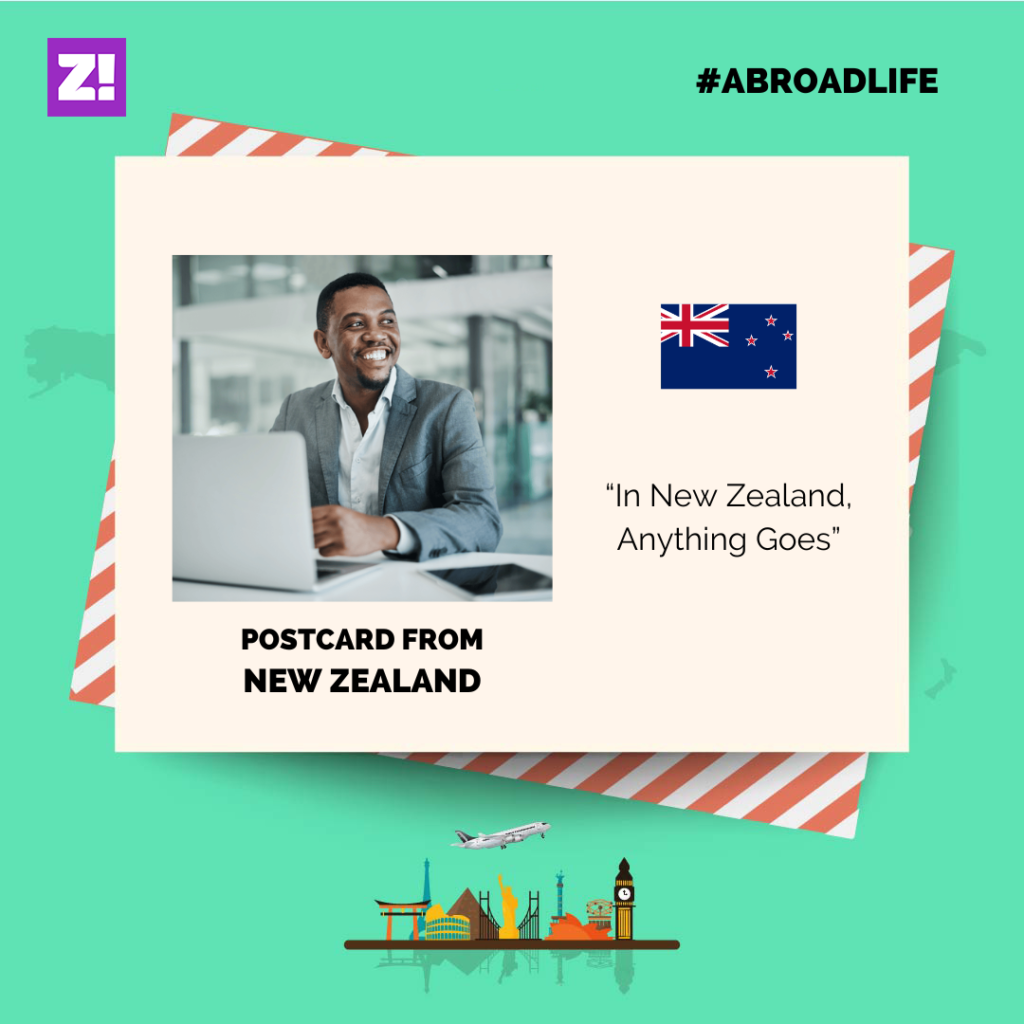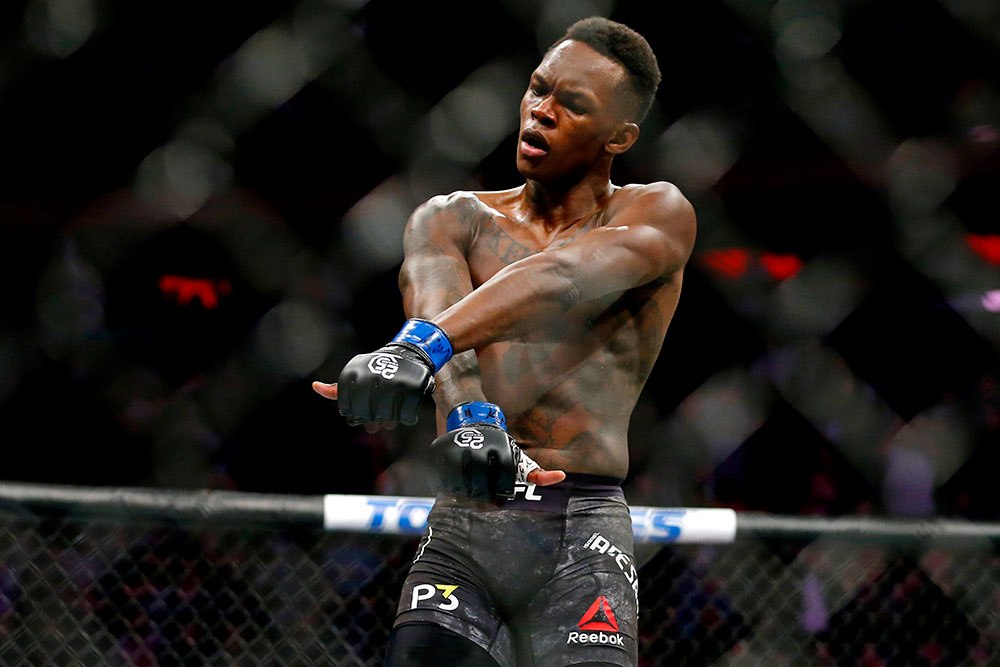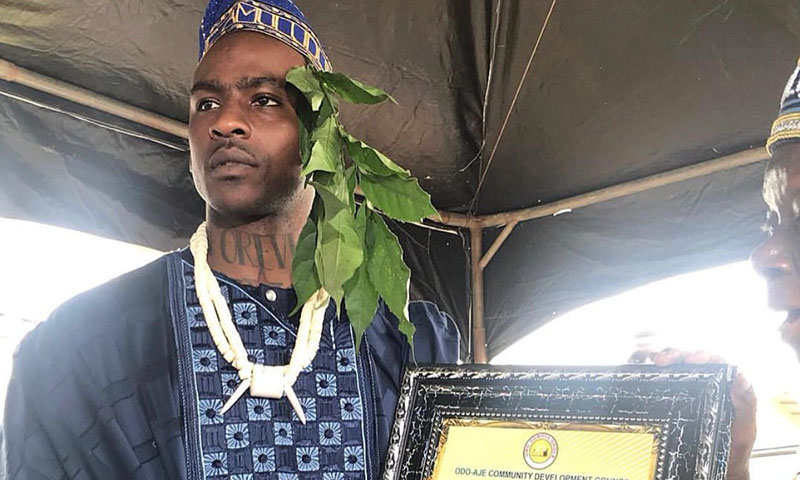The Nigerian experience is physical, emotional, and sometimes international. No one knows it better than our features on #TheAbroadLife, a series where we detail and explore Nigerian experiences while living abroad.
Today’s #AbroadLife feature is an assistant audit manager who works for one of the world’s top accounting firms in New Zealand. He tells us how he got an amazing job opportunity and had to leave Nigeria. He is experiencing cultural shock that has shaken his views and stance on what morality truly is.

What inspired you to move to New Zealand?
So I didn’t have to leave; it was more of a work opportunity I could harness. Despite the economic difficulties, life was already good in Nigeria, and I consider myself lucky. In Nigeria, I worked for one of the biggest accounting firms in the country as an auditor. In September 2022, I saw an offer for auditors being able to work for the same firm in another country’s branch. I had already worked for this firm in Nigeria for three and a half years, so I said, Why not?
Nice! What was the process like for you?
So my migration path is different from others. My company had already worked everything out for me concerning my visa and other documents. I gained a work visa that allowed me to work for at most three years, and then I could apply for permanent residency. I came to New Zealand in February 2023.
However, there are different pathways. There are master’s scholarships and auditors that have now been included in the express pathway to permanent residency. If you know anyone in the audit line that can prove that they’ve been working in the field for at least three years, then they can apply.
Awesome! What would you say were your first experiences in New Zealand?
Because of the job pathway I came in with, settling in wasn’t stressful. My company already had mobile relocation experts that helped me settle regarding accommodation and immigration documents. I’d say the people there are extremely friendly, and the population there is only 5.1 million people, which makes it very small. The food here isn’t really great. I ate something during my first week (I don’t know the name of the meal), and since then, I’ve decided to stick with African dishes.
I can also say that you tend to see some crazy people on the street…
Crazy, how?
Well, I’d say the rate of gays, lesbians, and other people in the queer community is very rampant, like they are so open with their sexuality out there. I guess it shocks me more because I am a Christian. Anything goes here. The amount of people that take drugs here is crazy too. You can’t walk 100 metres without seeing a smoker of weed or other substances here in New Zealand. It’s impossible. Maybe it’s a normal thing out there.
Wow, are there any advantages so far in staying in New Zealand?
They have a structured economy in that even though you have a blue or white-collar job; you can rest assured that you’ll have a good quality of living. You don’t have to do too much to get food to eat, provided you work hard. With my NZ$10, I can feed for two days, more than you can get here in Nigeria. Over here, they pay workers’ wages by the hour, so you can make so much depending on how many hours you work. The value of the New Zealand Dollar is much better than Nigeria. Commodities seem readily available. The people I interact with, too, are amazing, as they have so much exposure.
What are the disadvantages?
In terms of raising kids, you don’t have so much control. You could be jailed in minutes if you spank your kids or chastise them in the smallest way. The kids here also seem to talk to their parents and act wayward. There seems to be a lack of a moral compass in that sense.
I would say my bills, too, are kind of high, but only because of the location I’m in. You pay rent weekly in New Zealand and can get a place for as low as NZ$300, like N120-150k in Nigeria. That isn’t bad at all. To live in nicer apartments, you must start paying NZ$700, equivalent to N400k in Nigeria.
With these disadvantages, do you see yourself settling permanently in New Zealand?
Well, New Zealand is not a bad place. It’s a very good place to start, but I’m not sure I want to settle down permanently in the long term. Maybe Australia or Canada perhaps. New Zealand can be very boring at times, and they also love travelling. Whenever public holidays come, the city is deserted because everyone has travelled to their villages for the holidays. It’s a great place to be, but one needs to manage the environment.



